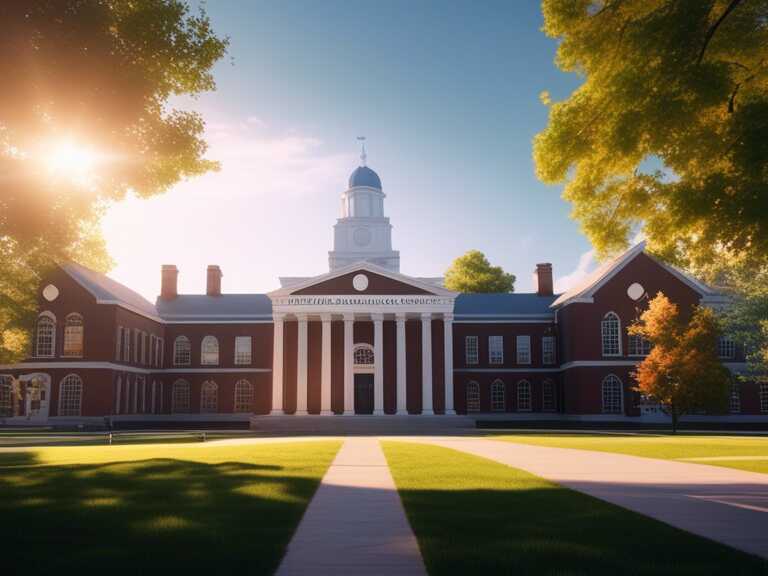
Small New England College Dramatically Lowers Tuition in Response to Declining Confidence in Higher Education
Americans are increasingly skeptical about the value and cost of college, as confidence in higher education declines sharply.

Recent surveys show that Americans are increasingly skeptical about the value and cost of college, with only 36% of adults saying they have a "great deal" or "quite a lot" of confidence in higher education. This decline in confidence from 57% in 2015 reflects concerns about the high cost of tuition, student debt, and debates over college education's role in achieving professional success.
Declining Enrollment and Economic Impact
These concerns have led to declining enrollment in colleges as well. The economic impact of these trends is evident in the improved employment opportunities and earnings for young men without college degrees. According to a Pew Research Center survey, only about 1 in 4 Americans say a bachelor's degree is necessary to secure a well-paying job, further fueling the debate about the value of a college education.
Diminished Confidence
The dimming belief in the value of a college education is not limited to a specific demographic, as it extends across gender, age, and political affiliation. Republicans, in particular, have seen a significant drop in confidence over the last decade, with concerns about the high cost of tuition and the perceived lack of job-preparedness from colleges contributing to this trend.
One of the major deterrents for students pursuing a college degree is the affordability of higher education. Experts have noted that this trend could worsen labor shortages in various fields and lead to lower lifetime earnings for those without degrees. The cost of tuition is cited as a reason for college being "too expensive" by almost one-third of respondents, while 24% feel that students are not being properly educated or prepared for success.
Impact on Political Views
Political views also play a significant role in shaping confidence in higher education, with concerns about indoctrination, political bias, and the perceived liberal nature of colleges contributing to the lack of confidence. This has led to a growing interest in two-year institutions, with 49% of adults expressing confidence in such programs compared to 33% for four-year colleges.
Student Perspective
From a student's perspective, the decision to attend a two-year institution is often driven by the desire to save money and achieve a more cost-effective education. Students like Kristen Freeman, a sociology major at Diablo Valley Community College, understand the concerns about indoctrination and the readiness of colleges to prepare students for life and work. However, Freeman also believes that higher education can provide the necessary skills and insights to spark a desire for systemic change from within.
Share news















